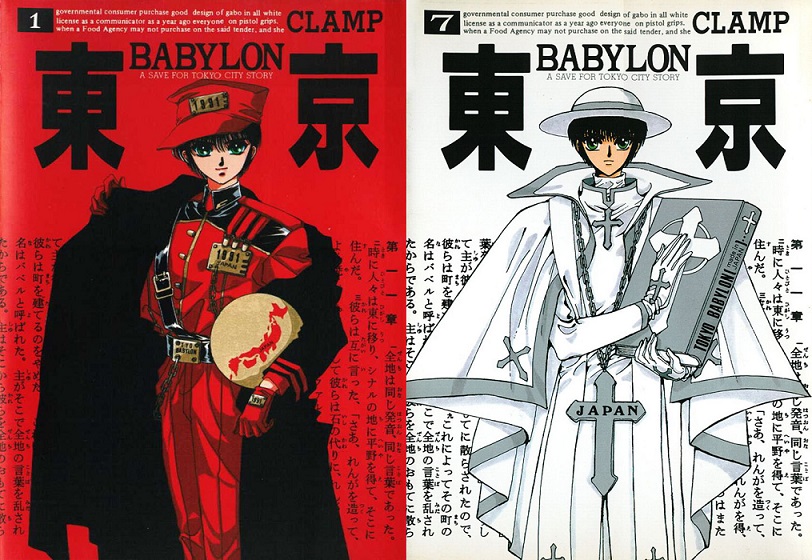"Climb your walls and meet you halfway"
When I read Do Androids dream of Electric Sheep? and Childhoods's End, I was deeply moved. Then came F. Sionil Jose's Po-On which left me so raw and distraught that right after finishing it, I spent a few minutes under my blankets, crying silently to myself. Naturally, I thought I don't have any more tears to shed for books, so when I ventured on with Flowers for Algernon this time, I was so livid to be proven wrong.
I looked back at the notes on my Reading Progress below and I realized that I poured out all my deepest feelings about the story because it was able to bring out the regrets I had growing up with my brother who has autism. I was so affected because I know firsthand how agonizing it is to love someone who is mentally, if not emotionally, incapable of returning it. This novel just reminded me of that, and the painful introspections that came after for me was like a deluge that I couldn't stop from flowing out. I pause every once in a while betweeen pages just to wipe my tears, and I even had to stop reading for two nights just so I can recover from the ways it almost tore me apart.
Flowers for Algernon is told in the perspective of Charlie Gordon, a mentally-challenged man in his thirties who agreed to undergo an experiment to make him "smart". His progress reports in the beginning weeks leading to the operation are filled with grammatical and spelling errors in order for readers to fully grasp his simplicity and limited mental capacities. After the operation, his writings have significantly changed and improved, not just in structure and content, but the way he would express his innermost thoughts and feelings about himself and the world around him. The sudden and frightening ways Charlie begins to make sense of his memories with his family in the past, as well as the general treatment of his co-workers, are immensely emotional. Most of the time I would find myself getting really angry at passages depicting the way people with special needs like Charlie are mistreated in the time when this novel was written, since there was hardly that much positive public and media attention for special kids then. It was a slap in the face for me too, considering I have been just as cruel with my brother before, and it took me a while to forgive myself for the things I've said and done during our childhood.
Keyes' first-person prose is uncanny and infectious in its scope and range of emotions. It's a diary of someone's insecurities, self-discovery and painful memories, which only makes it harder for any reader not to feel something so overwhelming for Flowers for Algernon. You get to put yourself in Charlie's shoes yourself, and the world is not a loving place for someone like him at all. The higher his IQ got, the more self-aware and discerning Charlie became. But the people around him did not become any more accepting than when he was just a simpleton. They resented him for his higher intelligence this time; the only difference now is that Charlie can actually understand the sadness and unfairness of it all because intelligence also means bearing the burden of things you'd rather not know. For the first time in years, Charlie really felt that he was alone and unloved.
I'm really not exaggerating when I claimed that I cried so hard while reading. It was just too much for me. It's like I'm reading what my own brother would have said if he could only make sense of things the way normal people do. And if he ever could and he confronted me about it, I would be so ashamed of myself for all the bad things I used to put him through when we were kids. Just thinking about that while I read on became so crippling that I have to give up reading altogether for that night. It's as if Flowers for Algernon is a mirror, and it showed me my shortcomings in the past I'd rather not re-live and think about again. Looking at the reflections it presented was so upsetting.
I cannot express how this work of fiction will change certain perspectives in your life as well, even if you don't have my own personal baggage to contextualize it with. It's an important story because it can make its readers feel like they should protect Charlie from those who hurt him too. I do hope that after finishing the book and you'd meet someone like Charlie yourself, you would treat that person with compassion and kindness because that's all that they ever needed to live and survive the harsh conditions of the world we live in. I certainly learned once again that I'm the only thing Francis has in his life, and I will do whatever it takes to keep him happy and safe.
RECOMMENDED: 10/10
* A heartfelt and tragic parable and celebration of life; a truly valuable literary work meant to be preserved.





Comments
Post a Comment